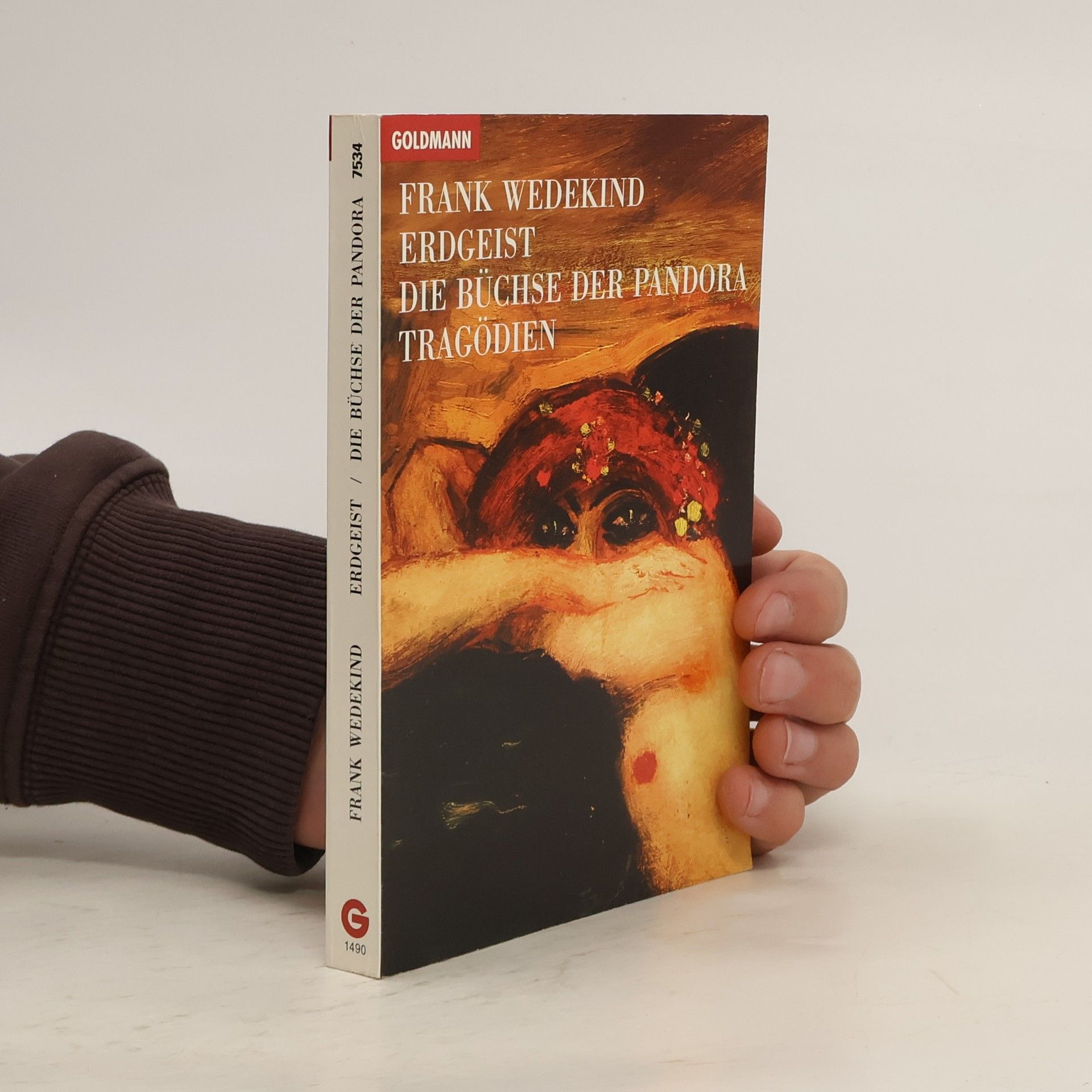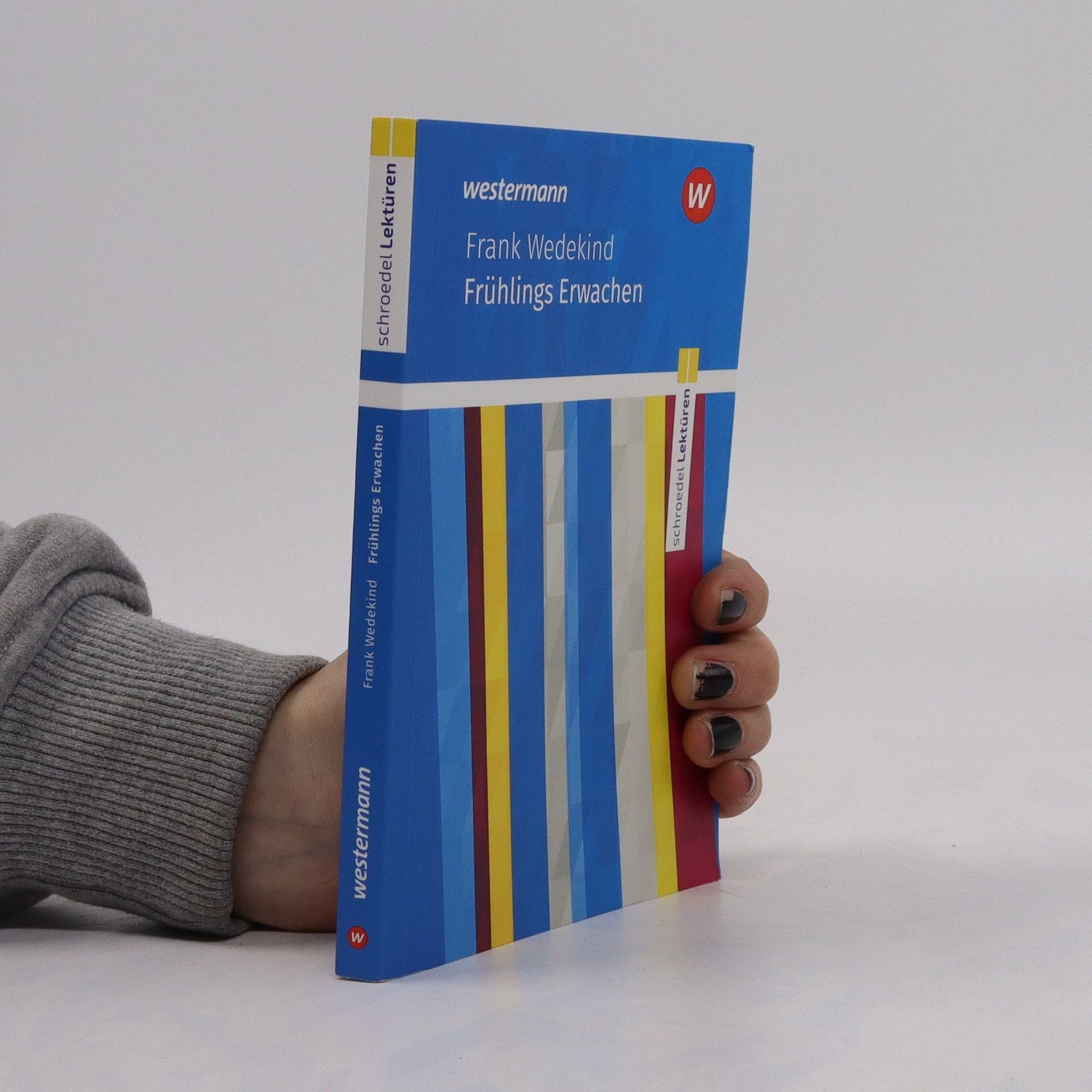Il fallut seize ans pour que la première pièce importante de Wedekind fût autorisée par la censure allemande. Il avait écrit l'Eveil du printemps en 1890, à vingt-six ans. La pièce fut créée à Berlin en 1906, dans une mise en scène de Max Reinhardt. Comme les autres grandes pièces de l'auteur de Lulu, désormais un classique du théâtre expressionniste allemand, l'Eveil du printemps ne porte pas son âge. La curiosité infantile, le refoulement sexuel et la répression sur le sexe, la difficulté d'être un adolescent dans un monde de " grandes personnes ", l'éducation autoritaire ou libérale, ce sont les grands thèmes de l'œuvre. Wedekind n'est pourtant pas seulement un auteur " à thèses " comme il voulait être, mais aussi un grand poète de théâtre. On demeure stupéfait de la jeunesse, de la profondeur et de la présence d'une œuvre écrite quinze ans avant la publication des Trois essais sur la sexualité de Freud, qui commente la pièce à Vienne, en 1907. Le lendemain de la mort de Wedekind, en 1918, Brecht écrivait de son ami : " Comme Tolstoï et Strindberg, Frank Wedekind a été un des grands éducateurs de l'Europe moderne. Il semblait indestructible. " Son œuvre aujourd'hui semble indestructible, chargée de cette " vitalité intense " qu'admirait Brecht.
Frank Wedekind Livres
Frank Wedekind fut un dramaturge allemand dont les œuvres critiquaient vivement les attitudes bourgeoises, particulièrement en matière de sexualité. Son écriture, considérée comme une anticipation de l'expressionnisme, a eu une influence majeure sur le développement du théâtre épique. Ses pièces sont connues pour leurs représentations provocatrices et souvent naturalistes de la psychologie humaine et des tabous sociaux. Wedekind a remis en question la morale traditionnelle et a exposé l'hypocrisie de son époque.







Lulu Plays and Other Sex Tragedies
- 296pages
- 11 heures de lecture
Two of Wedekind's most seminal plays, Earth Spirit and Pandora's Box both focus on the actions of the young heroine Lulu.
Werke
- 840pages
- 30 heures de lecture
Bürgerliche Scheinheiligkeit und Prüderie – Wedekind übte besonders in seinen Dramen immer wieder scharfe Kritik am Bürgertum. Und dennoch gehörte er mit seinen entlarvenden Theaterstücken zu den meistgespielten Dramatikern seiner Epoche. Dieser besonders schön gestaltete und hochwertig ausgestattete Band versammelt nicht nur die bekanntesten Dramen Wedekinds, wie zum Beispiel die sogenannten „Lulu-Dramen“ oder „Frühlings Erwachen“, sondern auch zahlreiche Gedichte und Prosastücke. :
InhaltsverzeichnisIlse - Franziska - Frühling - Der blinde Knabe - Konfession - Der Taler - Mein Käthchen - Morgenstimmung - Sommer 1988 - Brigitte B. - Die neue Kommunion - Schicksal - Coralie - Altes Lied - Bajazzo - Das Lied vom armen Kind - Tiefer Friede - Lulu - An einen Hypochonder - Der Zoologe von Berlin - Der Lehrer von Mezzodur - Der Tantenmörder - Auf dem Faulbett - Trost - Wilhelmine - Erdgeist - Auf eigenen Füßen - Donnerwetter - Nach Gellert - Schluß - Liebe - Die Realistin - An mich - Ein politisch Lied - Silvester - Im Heiligen Land - Aus den Böhmischen Wäldern - Des Dichters Klage - Die sechzig Zeilen - Tingel-Tangel - Der Andere - Herr von der Heyde - Parodie und Satire - Die Schriftstellerhymne - Trost - Menschlichkeit - Politische Disticha - Rückblick
Die Erzählungen in diesem Band reflektieren Frank Wedekinds kritische Haltung gegenüber der kleinbürgerlichen Prüderie und der Sexualmoral seiner Zeit. Mit einem einleitenden Essay über Erotik, der die Dominanz des Geistes über den Körper infrage stellt, thematisiert Wedekind die Spannungen zwischen Sexualität und gesellschaftlichen Normen. Die Sammlung bietet einen tiefen Einblick in die provokanten Ideen des Dramatikers, die bereits in seinen bekannten Bühnenstücken wie "Lulu" und "Frühlings Erwachen" zum Ausdruck kamen.
Die kommentierte zweibändige Ausgabe von Frank Wedekind (1864-1918) ermöglicht eine neue Entdeckung seines Werks. Band 1 umfasst Gedichte, Erzählungen und sein dramatisches Frühwerk "Frühlingserwachen", während Band 2 die dramatischen Hauptwerke enthält.
Flirt a jiné povídky
- 247pages
- 9 heures de lecture
Jeho variace na jedno téma upoutají růzností uměleckého zpracování, odlišností motivů a překvapivými pointami. S půvabnou bezprostředností tak autor líčí dojemný životní příběh osiřelé venkovanky, moudrá ponaučení židovského rabína zamilovanému synovi, příběh šlechtičny, která se z lásky stala sociální demokratkou, vyprávění o svůdci, jenž netuší, že sám byl sveden apod. Předmluvu napsala Růžena Grebeníčková. Povídku Svůdce přeložil Vojtěch Jestřáb.... celý text


